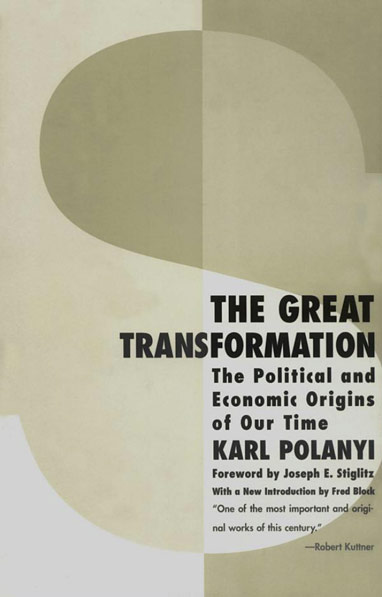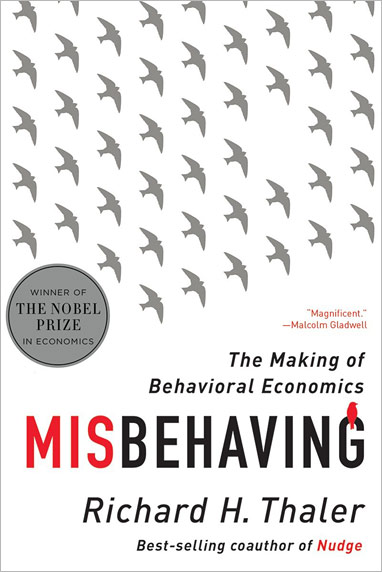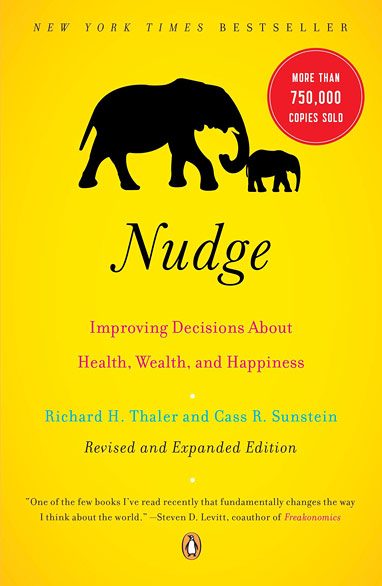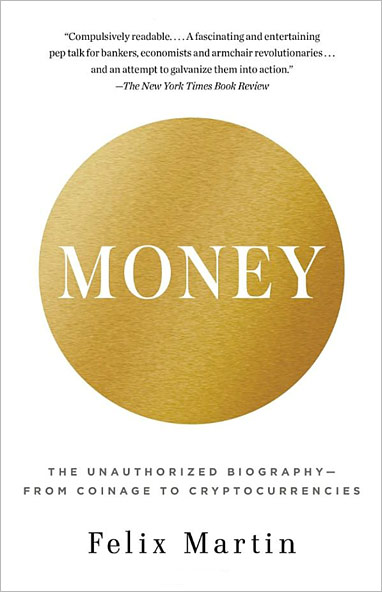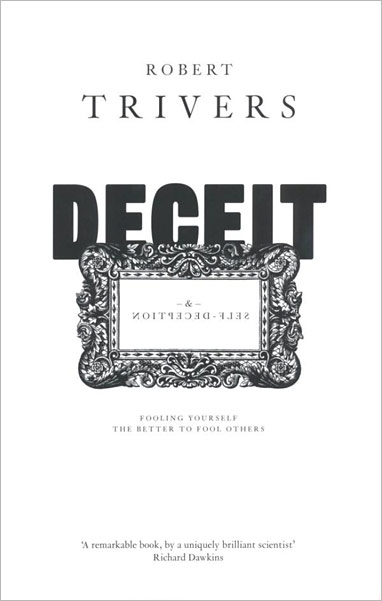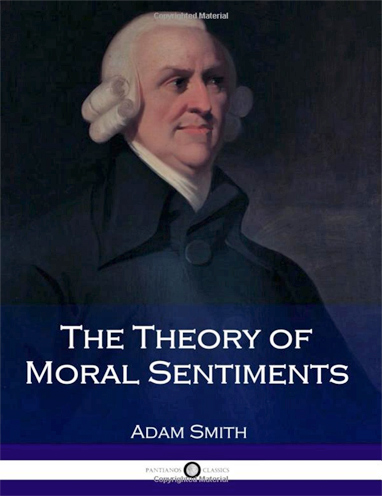
The Theory of Moral Sentiments
By Adam Smith
Today Adam Smith’s reputation rests on his explanation of how rational self-interest in a free-market economy leads to economic well-being. It may surprise those who would discount Smith as an advocate of ruthless individualism that his first major work concentrates on ethics and charity. In fact, while chair at the University of Glasgow, Smith’s lecture subjects, in order of preference, were natural theology, ethics, jurisprudence, and economics, according to John Millar, Smith’s pupil at the time. In The Theory of Moral Sentiments, Smith wrote: “How selfish soever man may be supposed, there are evidently some principles in his nature which interest him in the fortune of others and render their happiness necessary to him though he derives nothing from it except the pleasure of seeing it.” The Theory of Moral Sentiments establishes the intellectual framework for all of Smith’s later work, including the monumental Wealth of Nations.
This book is also available for free in various digital formats from archive.org.
Category: Economics
- All Books by Section
- Our Contributors' Book Reports
- Books Referenced in Human Journey Sections:
- Journey of the Human Mind
- Discovering Our Distant Ancestors »
- The Evolution of Language
- Ideas that Shaped Our Modern World »
- Paleolithic Beginnings
- Connecting with the Gods
- Axial Age Thought
- Origins of Christianity
- Origins of Islam
- The Journey of Classical Greek Knowledge to the Western World
- Stories and Storytelling
- Tools and the Development of Contemporary Society »
- A Sustainable Planet
- The Changing World Economy »
- Health and Education in the Modern World »
- Our Mind in the Modern World

